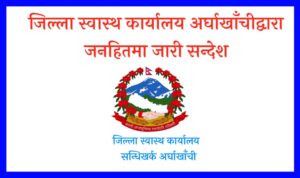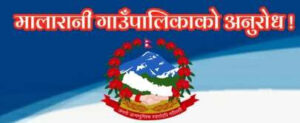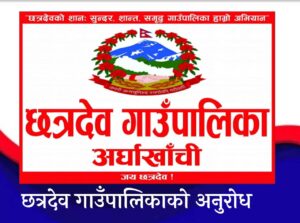 Russia is demanding an explanation from Turkey after Turkish military jets forced a Syrian passenger plane to land in Ankara while it was flying from Moscow to Damascus.
Russia is demanding an explanation from Turkey after Turkish military jets forced a Syrian passenger plane to land in Ankara while it was flying from Moscow to Damascus.
Russia’s foreign ministry said in a statement Thursday that Turkey’s actions threatened the lives and safety of the passengers on board, which included 17 Russian citizens.
Tension between Turkey and Syria has been high since five Turkish civilians were killed last week by mortar bombs.
In response, Turkey fired into Syria for the first time since the uprising against President Bashar al-Assad began last year.
The Syrian Air flight with more than 30 people on board was allowed to complete its trip to Syria early Thursday, after Turkey confiscated what it called illicit cargo.
Turkish Foreign Minister Ahmet Davutoglu said Wednesday that authorities at Ankara’s Esenboga airport seized items that violated international civil aviation rules.
“There are elements on board that can be considered objectionable,” he added. “We are determined to control weapons transfers to a regime that carries out such brutal massacres of civilians. It is unacceptable that such a transfer is made using our airspace.”
He did not specify whether any weapons had been found, but unconfirmed reports in Turkish media said the seized items included boxes of military communication equipment.
The foreign minister said the authorities would continue to investigate Syrian passenger planes flying over Turkish air space.
Turkish television network NTV said the confiscated materials included missile parts. The Syrian government has not commented on the incident.
Turkish military jets had forced the plane to land in the Turkish capital on suspicion that it was carrying weapons from Russia to the Syrian government of President Bashar al-Assad, a longtime Russian ally. Assad has been fighting an 19-month uprising by rebels trying to end his 11-year rule.
Davutoglu said Ankara is determined to stop the flow of weapons to what he called a Syrian





